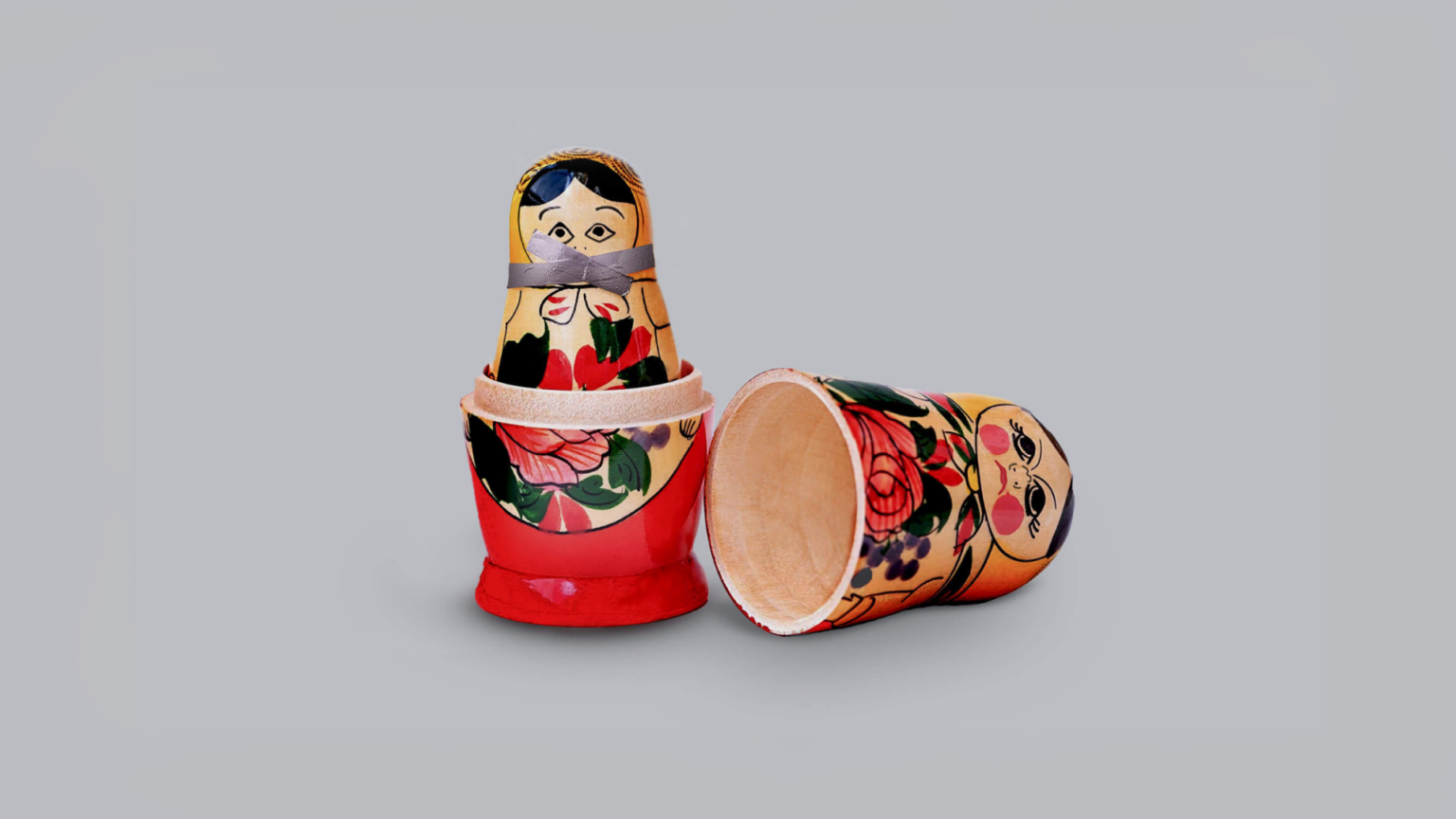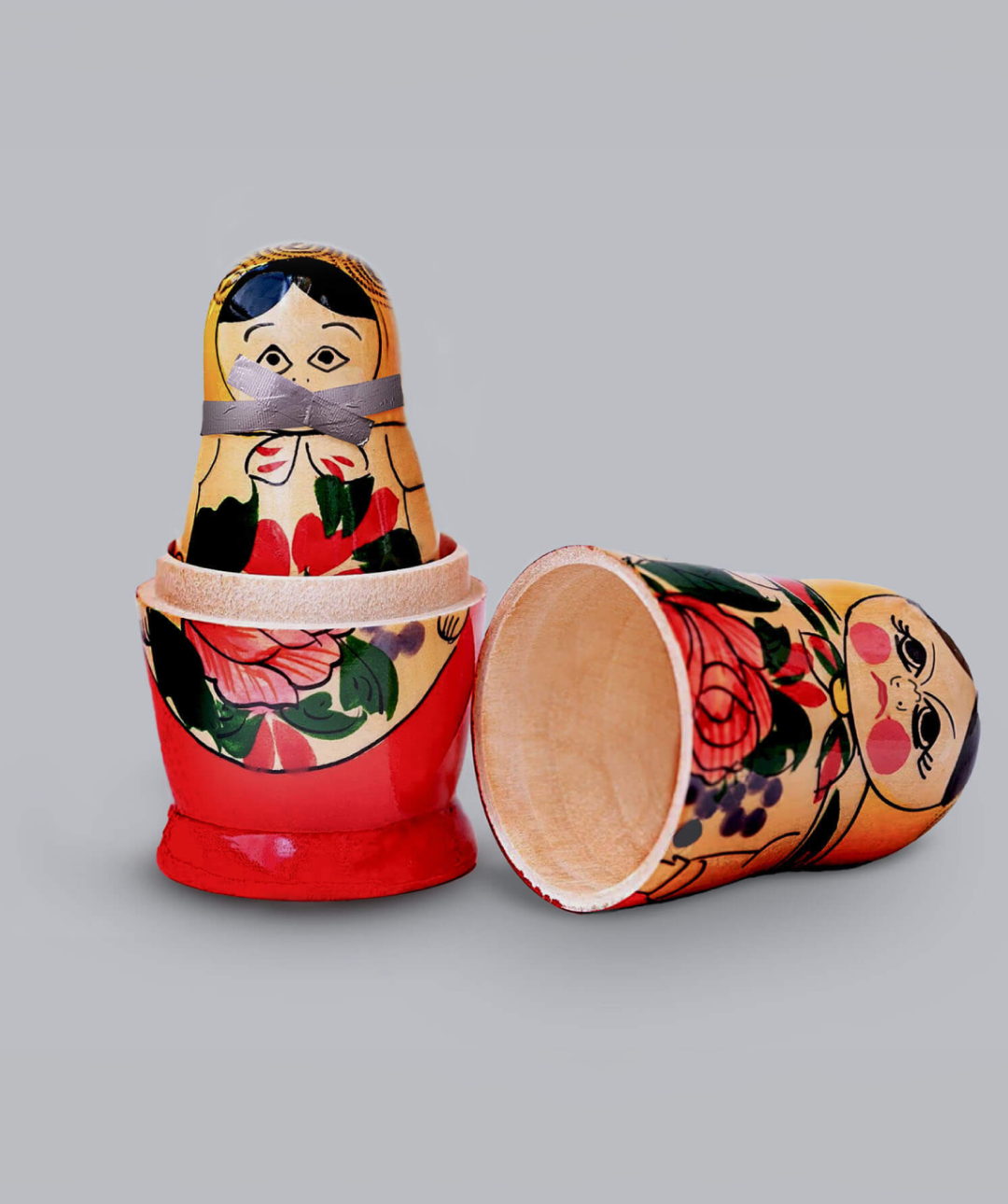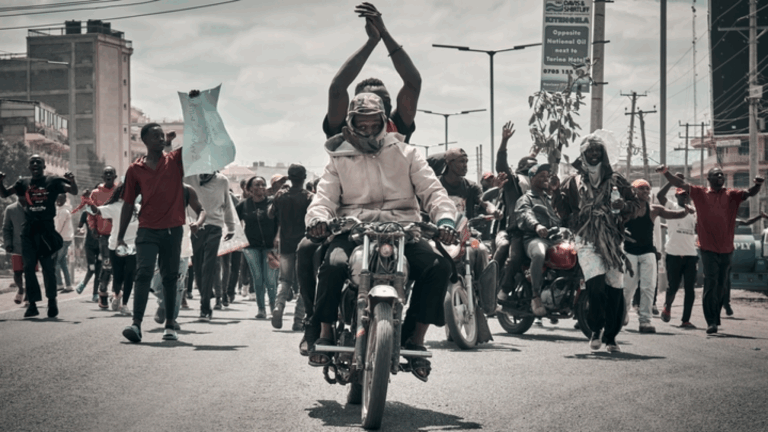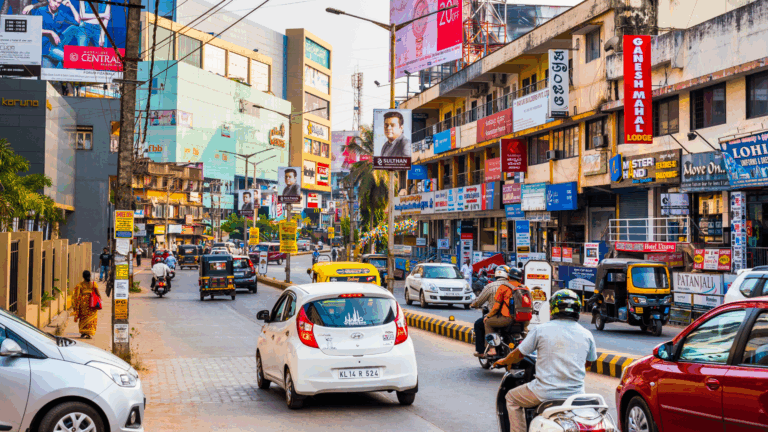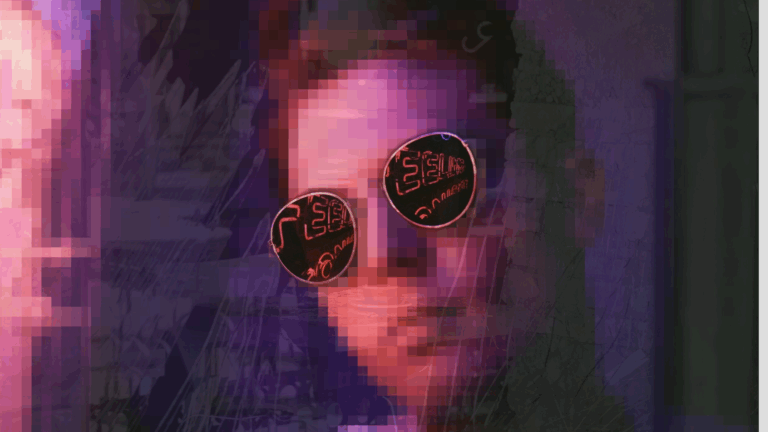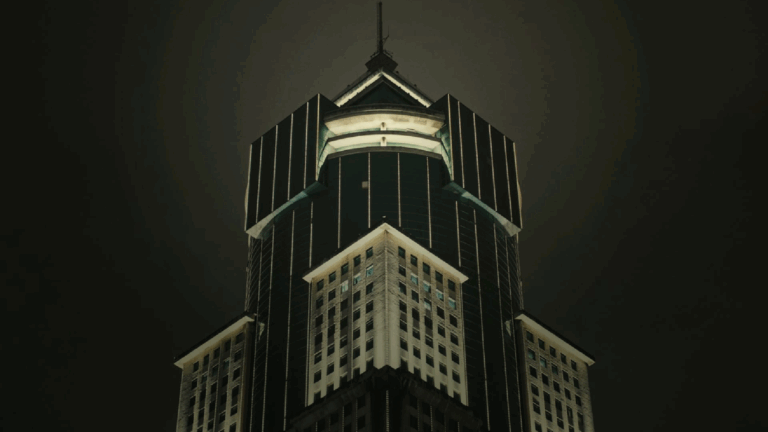On what seemed a normal Monday last April, a middle-aged man was returning to his home in Moscow. After parking his car in front of his apartment, multiple men approached and detained him. A police report later claimed he was apprehended because he “behaved inappropriately” and changed his “trajectory of movement” when he spotted police officers. They also claimed he actively resisted arrest.
The man’s name is Vladimir Kara-Murza. Before his arrest, he was one of Russia’s last prominent political opposition figures, openly critical of Putin and his regime. When Putin invaded Ukraine in February, Kara-Murza and other dissidents organized the Anti-War Committee of Russia, which, among other things, pushed for recognition of Russia’s leaders as war criminals. Since April, Kara-Murza has been imprisoned, his detention repeatedly extended. He was eventually charged with “spreading false information” about the Russian military, cooperation with an undesirable NGO, and treason based on “longtime cooperation with a NATO state.” If convicted, Kara-Murza will spend decades in prison.
This kind of repression, unseen since the 1980s, is the new reality in Putin’s Russia. Since he came to power in 2000, Putin has consistently usurped his power and weeded out any dissent. Yet, for a long time, he attempted to maintain some semblance of rule of law and the appearance of political competition. In 2008, in light of limitations posed by the Constitution, he stepped aside from his presidential duties and anointed Dmitry Medvedev — a loyal and obedient confrere — as his one-term successor. Ten years later, the Kremlin permitted Ksenia Sobchak, a public figure in Russia, to compete in the presidential election. A daughter of Putin’s former boss in the 1990s, Sobchak positioned herself as a liberal candidate who would challenge Putin’s authoritarian ways. To many, however, her reputation was tarnished for drawing votes from candidates who actually stood a chance of winning.
In 2023, it’s difficult to imagine even an ounce of competition and discourse in Russia’s political life. Once it became clear that Putin’s invasion of Ukraine wasn’t going to plan, the Russian Parliament quickly introduced federal laws prohibiting any criticism or poor coverage of the war. The result: a mass exodus of Russia’s last independent media outlets. Outlets like TV Rain survived years of censorship and repeated obstacles created by the Kremlin. In early March, they were forced to leave the country. International outlets, like the BBC, suspended their work due to the risks posed to their staff.
The trend of “tightening the screws,” as it’s frequently referred to in Russia, took clear shape in 2012. Putin, who was returning from his term as prime minister amid mass protests against him, began doubling down on political repression, appealing to religious and traditional values to maintain his grip on power. In 2013, he introduced a law on LGBT propaganda, which, according to human rights activists, was meant to target and scapegoat an already vulnerable group. Around the same time, he enacted a law prohibiting “offending [the] feelings” of religious believers, further shaping a new ideology centered around Orthodox Christianity and “spiritual bonds.” Themes of patriotism and victory in the Great Patriotic War (what Russians and many in other former Soviet republics call the “Second World War”) also became a staple.
Putin also introduced a law on foreign agents to stifle and eliminate work of NGOs critical of his regime. Apart from legal implications, the term “foreign agent” held a strong emotional connotation in Russia, often used as a synonym for “traitor” or “enemy.” Participants in the anti-government protests were tried and made examples. Protests’ leaders were either killed, like Boris Nemtsov in 2015, nearly killed, like Kara-Murza, or jailed, like Alexey Navalny in 2021.
Before the invasion of Ukraine, 2021 was considered the worst year for human rights abuses in the post-Soviet history of Russia. In January, Navalny was arrested upon his return from Germany, where he was recovering from nerve agent poisoning. The protests following his arrest were broken up, often with great brutality. Later that year, the government systematically cracked down on the opposition and expanded the already vast framework of repressive legislation. In what became the most symbolic gesture of Putin’s regime that year, a court in Moscow ordered the shutdown of Memorial — one of the oldest and most respected human rights organizations in Russia, which aimed to bring awareness to human rights abuses of the Soviet Union and crimes of the Stalin regime.
Why Putin would go after the opposition and human rights activists so harshly was a subject of speculation. Some guessed that Putin was influenced by the 2020 protests in Belarus, where Alexander Lukashenko faced a sudden wave of disobedience and almost lost power. Others claimed he was influenced by a long isolation induced by the COVID-19 pandemic.
The intention behind these crackdowns is now obvious: to clear the field before his long-planned invasion of Ukraine. As Putin struggles to gain territory and achieve a tangible victory he can show the Russian people, the Kremlin leaves no room for dissent at home. According to Sergey Davidis, a Russian human rights activist and former member of Memorial, 2022 saw a “significant uptick” in repression. The Kremlin resorted to laws on “dissemination of false information” and “discrediting” of the Russian military, a go-to tool to stifle any opposition or criticism of the war. There was also an “ideologization” of repression, with police increasingly using terrorism charges to go after critics. In November, police arrested anti-war activist and critic of Putin’s regime Michael Kriger for a Facebook post made in 2020. He’s now charged with justifying terrorism. If convicted, he can spend up to seven years in prison.
In his pursuit of his mission to subjugate Ukraine, Putin will stop at nothing to satisfy his ambitions. Even if that means tens of thousands of dead Russian soldiers, massacres of innocent people, destruction of entire cities, a weakened economy, destruction of civilian infrastructure, and potentially hundreds of thousands drafted and sent to Ukraine as cannon fodder.
It’s paramount that we, as members of the democratic international community, continue to stand with Ukraine in its fight for freedom. HRF’s Ukraine Solidarity Fund was created in March last year in the wake of Putin’s invasion. Together with our partners, we also established a fund to raise money for generators and heaters, which is crucial for Ukrainians who are often left without heat and electricity amid Russia’s missile attacks. We encourage you to donate in support of Ukrainians in these trying times.
Last but not least, it’s critical to raise and amplify the voices of brave Ukrainians who are raising awareness. Last year, Oleksandra Matviichuk, a prominent Ukrainian human rights advocate, spoke at the Oslo Freedom Forum about the atrocities and war crimes committed in Ukraine. You can watch her full speech here.


